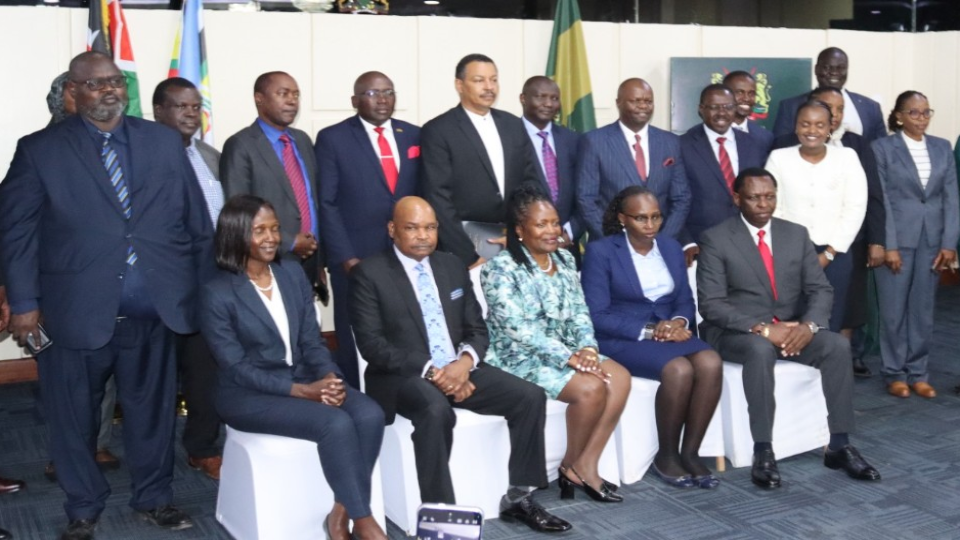Panel on Protest Victims Compensation Seeks to Overturn Court Orders Freezing Its Operations
A 14-member panel appointed by President William Ruto to oversee compensation for victims of protest-related violence has launched an appeal to reverse a High Court ruling that halted its operations. The team, tasked with delivering justice to those affected by demonstrations, argues that the orders issued by Justice Kizito Magare of Kerugoya High Court were irregular and unfair, prompting a challenge in the Court of Appeal in Nyeri.
The panel, led by Makau Mutua with Law Society of Kenya President Faith Odhiambo as deputy, comprises a diverse group of experts and advocates, including Amnesty International's Irungu Houghton, former Solicitor General Kennedy Ogeto, Rev Kennedy Barasa, Linda Musumba, Dr John Olukuru, Dr Duncan Ojwang, Naini Lankas, Dr Francis Muraya, Pius Metto, Juliet Chepkemei, Fatuma Abass, and Richard Barno, who serves as a technical lead. Duncun Okela also acts as a technical lead, with Jerusah Mwaathime and Raphael Ng'etich serving as joint secretaries.
In their appeal, Mwaathime argued that the petitioner, Levi Munyeri, misled Justice Magare by failing to disclose that one of the petitioners, Dr Magare Gikenyi, is related to the judge, creating a conflict of interest that influenced the ruling. He described this as a perplexing situation that compromised the fairness of the judicial process.
Mwaathime further contended that the orders were irregularly obtained during a court recess in a matter already under consideration, as two related petitions had been filed before the High Court at Milimani in Nairobi. He accused Munyeri of engaging in forum shopping by shifting the case from Nairobi to Kerugoya without disclosing the existing petitions, thereby violating principles of fairness and good faith in judicial proceedings.
The panel warned that allowing the ruling to stand would severely undermine their mandate to deliver justice to victims of police brutality. Mwaathime emphasized that the orders threaten to paralyze the panel's unprecedented efforts, denying long-overdue redress to those affected and defeating the purpose for which the panel was established.
The appeal also challenges the legality of the conservatory orders, arguing that such rulings cannot undo actions already lawfully undertaken. The panel noted that government actions carry a presumption of regularity and that the orders were issued without notifying all involved parties, risking significant prejudice. If the restrictions remain in place, the panel and victims will suffer, while the public interest in securing justice, accountability, and redress will be undermined, Mwaathime stated.
The panel has urged the Court of Appeal to stay the orders pending a full hearing of the main case. They argue that victims would bear the greatest harm if the panel's work remains blocked, while lifting the restrictions would cause no prejudice to the petitioners. The outcome of this appeal will determine whether the panel can resume its critical work to provide compensation and justice to those impacted by protest-related violence.


